 I became a Southern Utah transplant in the summer of 2014 when I left behind the dairy farm of Australia and blindly moved to the desert. Granted, my life had been full of repotting incidents before this, from various cities in Michigan to various neighborhoods of Boston to all down the east coast of Australia. I had convinced myself I could uproot myself again; I had convinced myself I could then repot myself successfully.
I became a Southern Utah transplant in the summer of 2014 when I left behind the dairy farm of Australia and blindly moved to the desert. Granted, my life had been full of repotting incidents before this, from various cities in Michigan to various neighborhoods of Boston to all down the east coast of Australia. I had convinced myself I could uproot myself again; I had convinced myself I could then repot myself successfully.
Before moving, I’d only visited Southern Utah once, on an impromptu National Parks road trip in 2009. Though I don’t remember St. George specifically, I distinctly recall the Virgin River trading post, complete with a pathetic and endearing donkey, and the hike to the top of Angel’s Landing, a hike my mother naively completed wearing Crocs.
Needless to say, I cluelessly transplanted myself, exhilarated by the prospect of a new place, a new job, and the new culture of the Southwest. For the first few months, I was fueled by the sense of adventure and the distraction of settling into the new place of employment. Though not proud to admit my obliviousness, I repotted myself with no knowledge of the Mormon faith or culture or of the environment of Southern Utah. To me, “Mormon” was a word I knew had something to do with a religion, and that was it — just as I know quinoa has something to do with food, but I have no idea what it is.
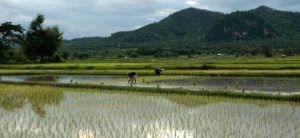 Within a mere couple weeks, I found myself meeting with the missionaries, a fascinating process that continued on and off for months and through a number of different companion pairs. Growing up in a devoutly Catholic household, I reveled in the links and the variances from the Catholic perspective to the Mormon outlook. The newfound knowledge drove me to explore more, to learn more. I studied the Book of Mormon, I went to church, to devotionals and firesides, to family home evenings, to ward and stake events. But there was something — something I couldn’t quite break.
Within a mere couple weeks, I found myself meeting with the missionaries, a fascinating process that continued on and off for months and through a number of different companion pairs. Growing up in a devoutly Catholic household, I reveled in the links and the variances from the Catholic perspective to the Mormon outlook. The newfound knowledge drove me to explore more, to learn more. I studied the Book of Mormon, I went to church, to devotionals and firesides, to family home evenings, to ward and stake events. But there was something — something I couldn’t quite break.
Everything I did, I did with the knowledge that I had transplanted myself, that I had repotted myself in Southern Utah, and that I had placed myself in this situation. And I wanted to give it my all, so I dug.
I dug everywhere I could find. I picked up odd jobs: writing, freelancing, waitressing. I went to the dog parks, the state parks, the national parks. I took classes for the sheer heck of it: to learn, to see if I could break the surface of this soil and create roots by meeting people. I went rockclimbing and longboarding and camping and fishing. I stepped out of my comfort zone and attended house parties. And yet, as much as I dug, I kept hitting bedrock.
In my limited — possibly tunnel-visioned — mind, I saw five distinct sects in St. George: the LDS, retirees, students, families, and partiers. And I didn’t belong to any of these factions. While it is not to say that I couldn’t break into one of these groups, it often seemed that those who belonged to a group saw their category as their main identifying and driving factor. When that was the case, I found it difficult to relate to their stage in life.
Ultimately, I realized my body was rejecting the transplant.
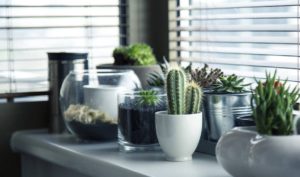 When houseplants’ roots reach the limits of their pots, they become what gardeners call “pot-bound.” They may exhibit signs of stunted growth; their roots may attempt to exit through the drainage holes in desperation to breathe; their top-growth — their leaves, stems, flowers — may wilt, die, or cease to grow.
When houseplants’ roots reach the limits of their pots, they become what gardeners call “pot-bound.” They may exhibit signs of stunted growth; their roots may attempt to exit through the drainage holes in desperation to breathe; their top-growth — their leaves, stems, flowers — may wilt, die, or cease to grow.
Repotting doesn’t always occur yearly or at all. In fact, with techniques such as top-dressing and pruning, plants can be kept alive and “healthy” for a number of years. For a transplant, though, top-dressing and pruning are only superficial cover-ups for the root-based problem. No one wants to be pruned, forced to maintain a stagnant shape like a bonsai tree, artificially stunted for decades. Likewise, top-dressing fails to acknowledge the roots’ need for room and nutrients, and instead only replaces the top couple inches of soil — like plastic surgery covering up a terrible personality.
While Southern Utah’s pot has provided nutrients, experiences, and knowledge, my roots have crept to the limits of my vessel here. My fingers have — quite literally — hit the wall of St. George’s outer edges and, seeking solace and nutrients, have been met with the vast abyss of the desert. And when they hit the wall, I was strikingly reminded how isolated this area is, how isolated I was.
I could never deny the stark beauty of this vast abyss outside of the city limits. In fact, the geographic splendor has been one of my favorite aspects of the area: the unique coral and red cliffs, the ability to involve oneself in nearly any outdoor sport imaginable.
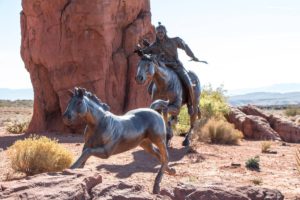 As much as I dug and as much as I convinced myself that I could transplant myself successfully, I know the pot of St. George doesn’t fit my roots. Like a flash flood, I cannot penetrate the dry, hard rock; instead, my roots have spread surface-level and extending, trying desperately — like the torrential water — to grasp at sagebrush and cedar trunks and the wide, open spaces, but to no avail.
As much as I dug and as much as I convinced myself that I could transplant myself successfully, I know the pot of St. George doesn’t fit my roots. Like a flash flood, I cannot penetrate the dry, hard rock; instead, my roots have spread surface-level and extending, trying desperately — like the torrential water — to grasp at sagebrush and cedar trunks and the wide, open spaces, but to no avail.
Eventually, I shall be repotted — my body will go through the shock of being pulled up by the neck and transplanted into a foreign world. My mind will go through the intense fear of starting over once again; it is the only thing I can do. If the pot doesn’t fit, if the plant is suffocating, if my roots can’t sink into the earth, reach water and life and grow, then the only thing left is to go on.




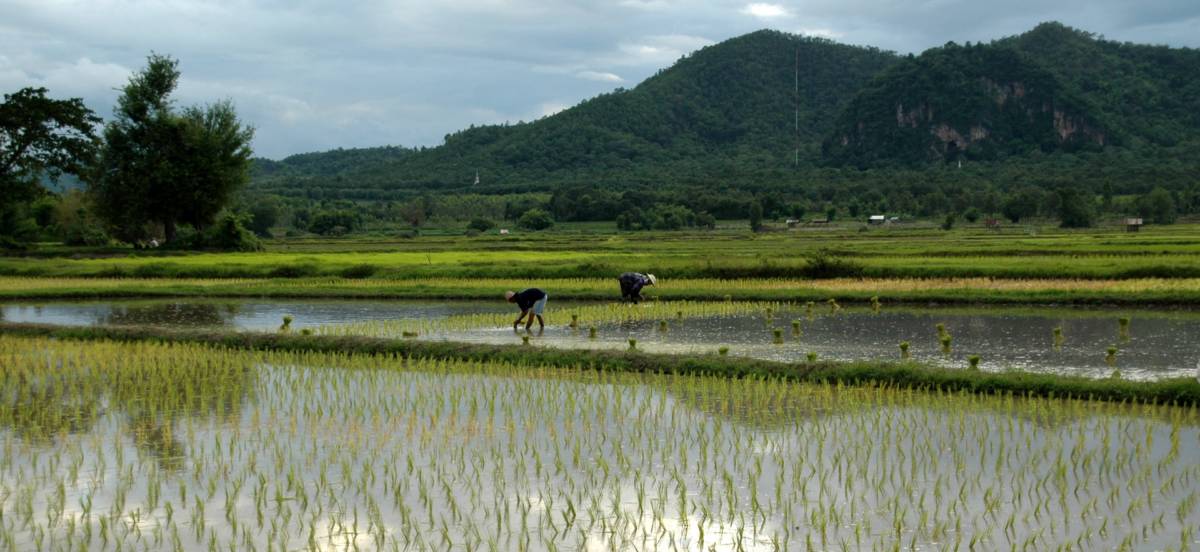
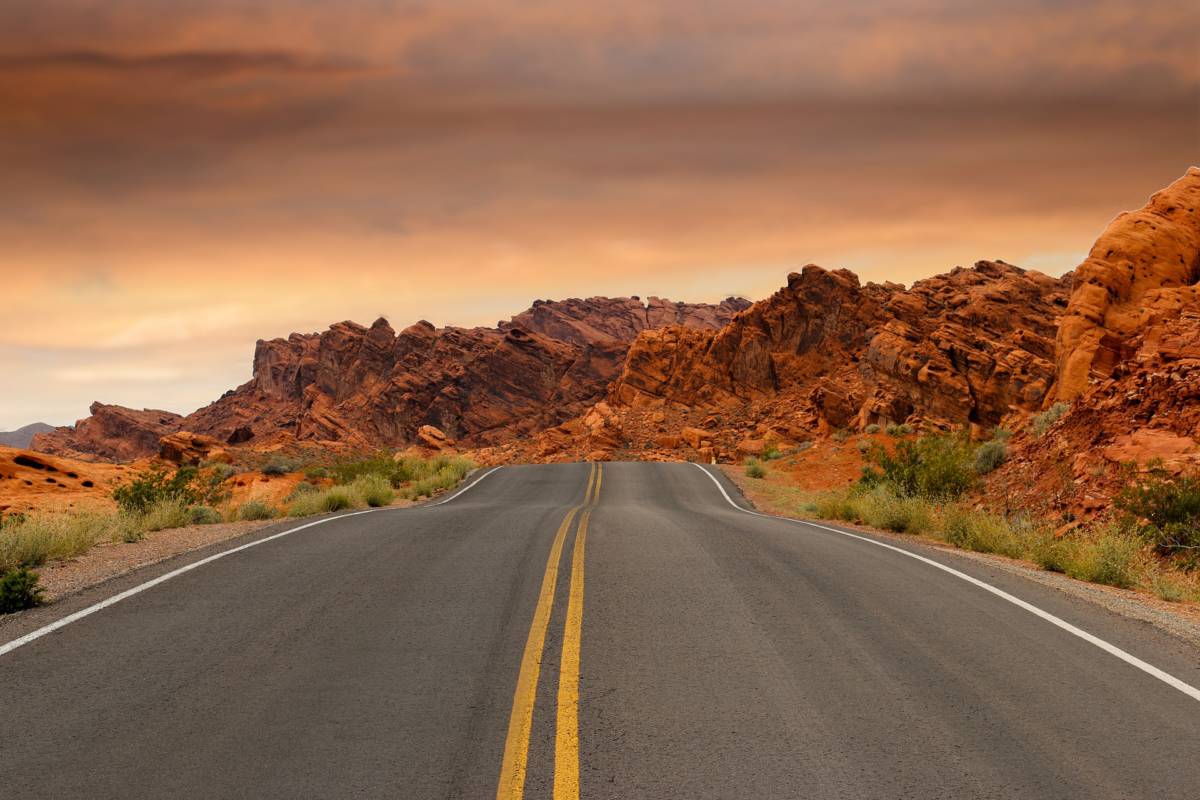
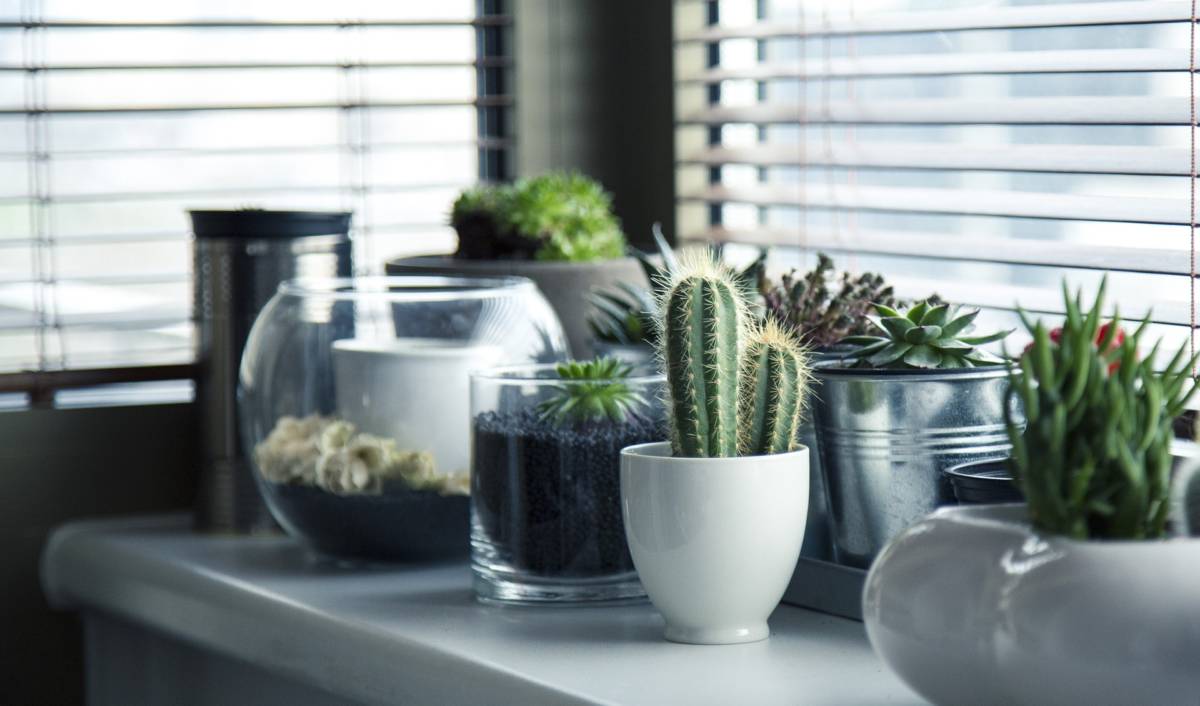
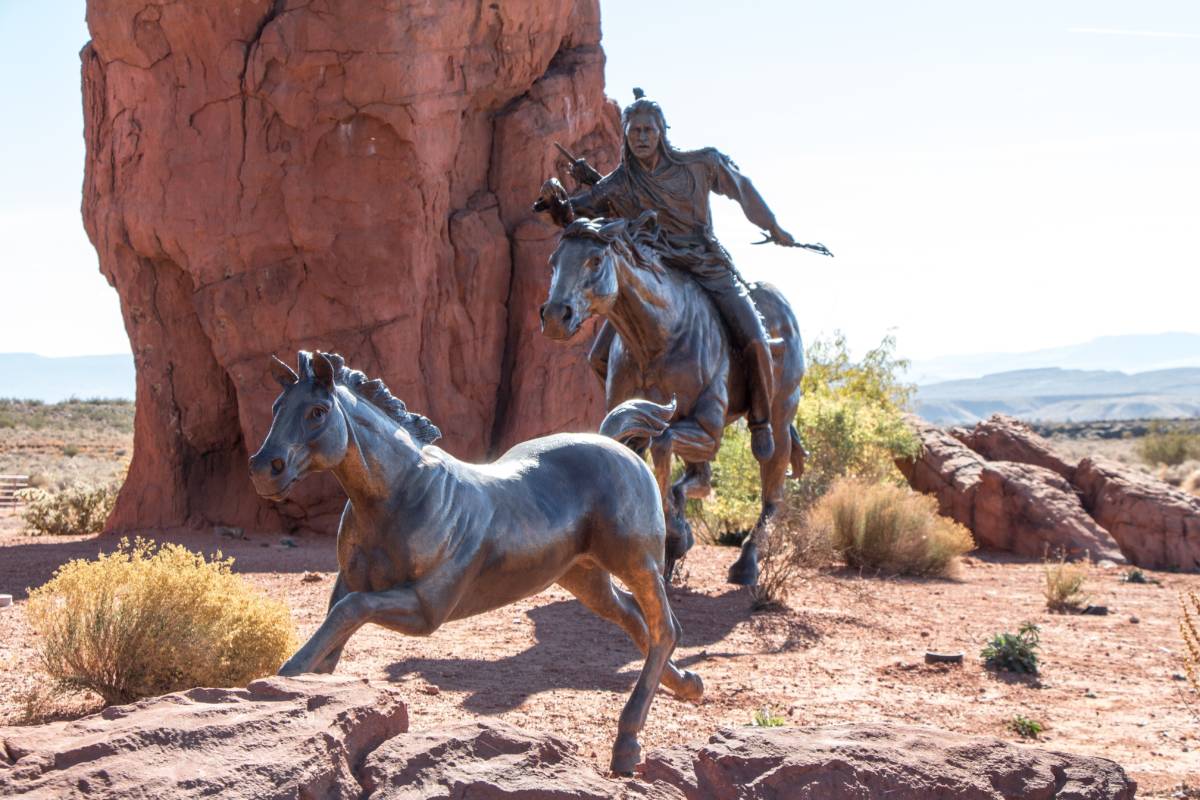

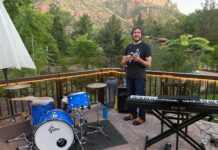
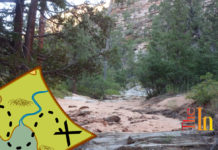
While DSU will be a lesser place with you gone, staying would dim your brilliant light. So I hope I move first and you have reason to visit Portland some time. Do you know when and where you’ll go next?
This was a fantastic description of my experience here. Thank you for making me realize it’s not “just me”!
Great perspective and so accurate!
Best of luck!
I am also a transplant here, as so many of us are. I certainly expect that I would feel the same way as you do if I had not gotten myself very involved in what draws so many of us here, the natural environment. I bought a very nice Jeep and get out into the wildlands at least once a week. I’ve developed a large base of good, like-minded friends through this hobby. If I couldn’t do that, I too think I’d be bored to death and would be tempted to leave.